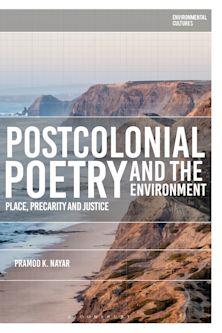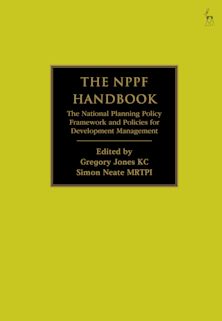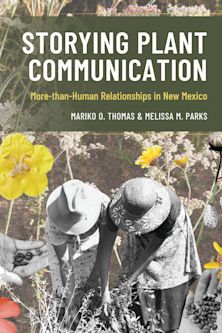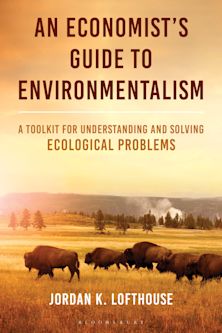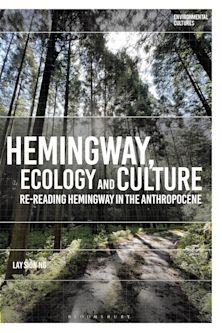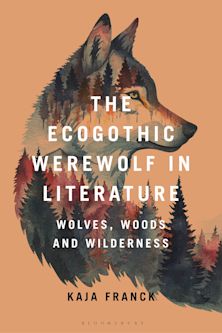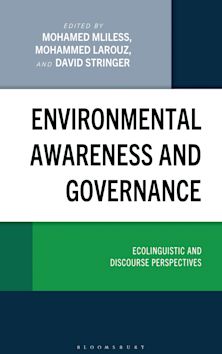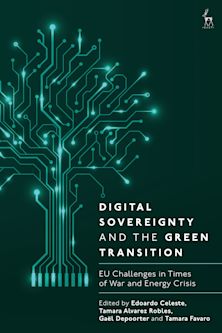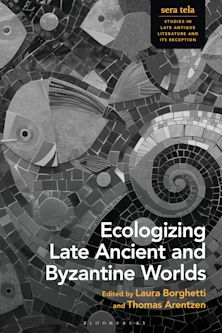- Home
- ACADEMIC
- Environmental Studies
- Eco Culture
Eco Culture
Disaster, Narrative, Discourse
Robert Bell (Anthology Editor) , Robert Ficociello (Anthology Editor) , Kirk Boyle (Contributor) , Charles Byler (Contributor) , Kristen Chamberlain (Contributor) , Danielle Crawford (Contributor) , Nicole L. Freiner (Contributor) , Stephanie Hankinson (Contributor) , Peer Illner (Contributor) , Amy Lantinga (Contributor) , Marceleen Mosher (Contributor) , Minna Niemi (Contributor) , Hannah Stark (Contributor) , Liane Tanguay (Contributor) , Erik Trump (Contributor) , Patrick Murphy (Foreword)
Eco Culture
Disaster, Narrative, Discourse
Robert Bell (Anthology Editor) , Robert Ficociello (Anthology Editor) , Kirk Boyle (Contributor) , Charles Byler (Contributor) , Kristen Chamberlain (Contributor) , Danielle Crawford (Contributor) , Nicole L. Freiner (Contributor) , Stephanie Hankinson (Contributor) , Peer Illner (Contributor) , Amy Lantinga (Contributor) , Marceleen Mosher (Contributor) , Minna Niemi (Contributor) , Hannah Stark (Contributor) , Liane Tanguay (Contributor) , Erik Trump (Contributor) , Patrick Murphy (Foreword)
This product is usually dispatched within 1 week
- Delivery and returns info
-
Free US delivery on orders $35 or over
You must sign in to add this item to your wishlist. Please sign in or create an account
Description
The edited collection, Eco Culture: Disaster, Narrative, Discourse, opens a conversation about the mediated relationship between culture and ecology. The dynamic between these two great forces comes into stark relief when a disaster—in its myriad forms and narratives—reveals the fragility of our ecological and cultural landscapes. Disasters are the clashing of culture and ecology in violent and tragic ways, and the results of each clash create profound effects to both. So much so, in fact, that the terms ecology and culture are past separation. We are far removed from their prior historical binaric connection, and they coincide through a supplementary role to each other. Ecology and culture are unified.
Table of Contents
Patrick Murphy
Introduction
Robert Bell and Robert Ficociello
Part I: Mediation
Chapter 1: “For $19.99, Terror at the Finish Line Can Be Yours!”: Creating Individual Identity Through Collective Tragedy in the Boston Marathon Bombings
Amy Lantinga
Chapter 2: Re-Telling Fukushima, Re-Shaping Citizenship: Women Netizens in Japan
Nicole L. Freiner
Chapter 3: The Locals do it better? The Strange Victory of Occupy Sandy
Peer Illner
Chapter 4: “Monsters in Human Form:” Representations of Looting in American Disaster Narratives
Charles Byler
Chapter 5: The Deepwater Horizon Disaster: Communicating Environmental Disaster in the Age of Technology
Kristen Chamberlain and Marceleen Mosher
Chapter 6: “The storm of the century”: Typhoon Yolanda, the Event, and the Project of U.S. Empire in the Philippines
Danielle Crawford
Part II: Remediation
Chapter 7: “The Missing Element is the Human Element”: Ontological Difference and the World-Ecological Crisis of the Capitalocene
Kirk Boyle
Chapter 8: Challenging Developmentalist Narratives: Helon Habila’s Oil on Water as a Representation of the Extractivist Exploitation in the Niger Delta Region
Minna Niemi
Chapter 9: A Random Harvest: The Leftovers, Debt, and the “strange non-death” of Neoliberalism
Liane Tanguay
Chapter 10: Appropriating the Zombie Apocalypse: The Politics of Disaster
Erik Trump
Chapter 11: The Politics of Aesthetics in Beasts of the Southern Wild:
Mapping the Ethical Limits of Filmic Narratives in the Wake of Epochal Disaster Cycles
Stephanie Hankinson
Chapter 12: Neohumanism in the Anthropocene: Jim Jarmusch’s Only Lovers Left Alive
Hannah Stark
Product details
| Published | Nov 15 2017 |
|---|---|
| Format | Hardback |
| Edition | 1st |
| Extent | 278 |
| ISBN | 9781498534765 |
| Imprint | Lexington Books |
| Illustrations | 1 Table |
| Dimensions | 9 x 6 inches |
| Series | Ecocritical Theory and Practice |
| Publisher | Bloomsbury Publishing |
About the contributors
Reviews
-
What does ecocriticism have to say about crises as diverse as the Boston Marathon bombing, the Fukushima Daiichi nuclear catastrophe, and the ecological and social devastation caused by oil exploitation in the Niger Delta? Read this book and find out. This fascinating and insightful volume joins the growing number of ecocritical projects exploring risk, meaning, resistance, and recovery in the contexts of natural and technological disaster. Eco Culture is a valuable and timely collection.
Scott Slovic, Oregon Research Institute
-
Robert Bell and Robert Ficociello’s Eco Culture: Disaster, Narrative, Discourse affirms the importance of narrative resistance to the prevalent discursive and material forms of oppression accompanying ecological disasters. Challenging the mainstream and often manipulative disaster narratives written from within neoliberal capitalist ideologies, the contributors in this volume seek alternative narrative paths for understanding the complex issues of disaster cultures: slow violence, resilience, vulnerability, crime, militarism, systems of control, colonialist practices, technological mastery, socio-emotional traumas, adaptive politics, socio-economic decay, and more. Since each chapter enacts 'narrative responsibility' as a strategy of resistance to the hegemonic discourses of human-induced ecological disasters, this volume will be enormously attractive for those who care about environmental issues.
Serpil Oppermann, Professor of English, Hacettepe University, and President of EASLCE


















